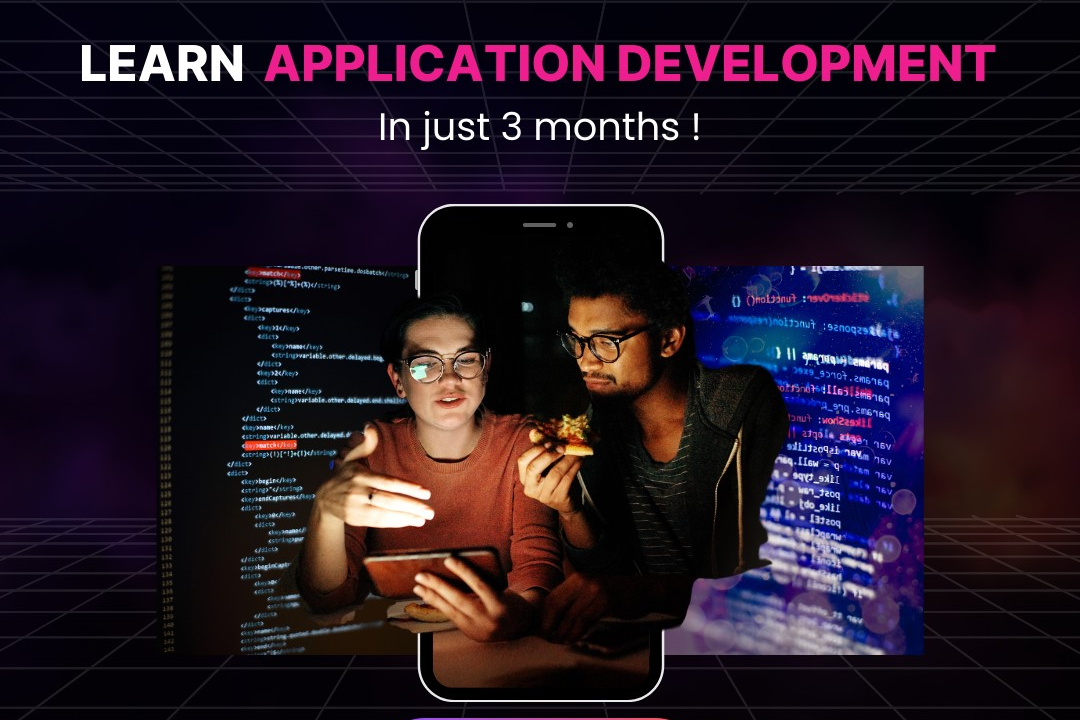Flutter For Community Health Initiatives
Enhancing Community Health Initiatives with Flutter
Flutter For Community Health Initiatives
Flutter is an open-source UI software development toolkit designed to create natively compiled applications for mobile, web, and desktop from a single codebase. Its relevance to community health initiatives lies in its ability to facilitate the rapid development of interactive and engaging applications tailored to the specific needs of communities. With Flutter, developers can create user-friendly platforms for health education, appointment scheduling, telemedicine services, and data collection for health surveys, all while ensuring a seamless user experience across various devices. By leveraging its fast development cycle, robust performance, and customizable widgets, community health organizations can effectively address health disparities, promote health literacy, and enhance access to healthcare resources in underserved populations.
To Download Our Brochure: https://www.justacademy.co/download-brochure-for-free
Message us for more information: +91 9987184296
1 - Cross Platform Development: Flutter allows developers to create applications for both iOS and Android using a single codebase, making it cost effective for community health organizations to distribute health related apps.
2) User Friendly Interface: Flutter's widget based architecture enables the creation of visually appealing and intuitive user interfaces, which is essential for engaging students in health initiatives.
3) Rapid Development: Flutter’s hot reload feature allows developers to see changes in real time, which accelerates the development process and is beneficial for training sessions focused on agile methodologies.
4) Customizable UI Components: With a rich set of customizable widgets, students can learn to tailor applications that meet the specific needs of their communities, fostering creativity in health solutions.
5) Access to Native Features: Flutter provides easy access to native device functionalities like GPS, camera, and local storage, allowing students to develop comprehensive health apps that can track health metrics effectively.
6) Strong Community Support: The vast and active Flutter community offers resources, plugins, and libraries, providing students with extensive support and learning materials during their training.
7) Integration with Health APIs: Students can learn how to integrate various health APIs (like Fitbit or Google Fit) into Flutter applications, which empowers them to create apps that track and promote wellness.
8) Efficient Learning Curve: Flutter’s Dart programming language is easy to learn for beginners, making it suitable for students from diverse educational backgrounds to pick up programming skills quickly.
9) Engaging Learning Modules: Flutter training can include project based learning, where students create their own health applications as part of the curriculum, enhancing practical knowledge.
10) Deployment Advantages: Students will learn how to deploy applications to both major app stores quickly, allowing community health initiatives to access broader audiences without lengthy processes.
11) Real time Data Handling: Flutter can handle real time data, which is crucial for health applications that require instant updates, such as tracking vaccination status in real time.
12) Focus on Health Education: Training can emphasize the importance of health education, where students can create educational apps that disseminate crucial health information to community members.
13) Collaboration Opportunities: The training program can encourage teamwork by assigning group projects, allowing students to collaborate on community health application ideas, fostering community spirit.
14) Data Privacy Awareness: Incorporating lessons on data privacy and protection, students will learn how to develop apps that respect user privacy while collecting health data.
15) Post Training Support: Offering post training support and mentorship for students who wish to pursue further development in health tech can positively impact community health initiatives over time.
16) Interdisciplinary Approach: Training can incorporate insights from public health, design, and technology, encouraging students to approach community health initiatives from multiple perspectives.
17) Community Feedback Loop: Students can be taught to develop applications that include user feedback features, allowing communities to voice their health needs and shape the solutions provided.
18) Sustainability Focus: Training can incorporate sustainable practices and the importance of creating scalable health solutions that can be maintained over time by the community.
This framework would help in building a comprehensive training program centered around Flutter aimed at empowering students to contribute effectively to community health initiatives.
Browse our course links : https://www.justacademy.co/all-courses
To Join our FREE DEMO Session: Click Here
Contact Us for more info:
Java interoperability
Java Code Quality assurance
Ios app development for entrepreneurs
salesforce training software
iOS Community Collaboration Initiatives











